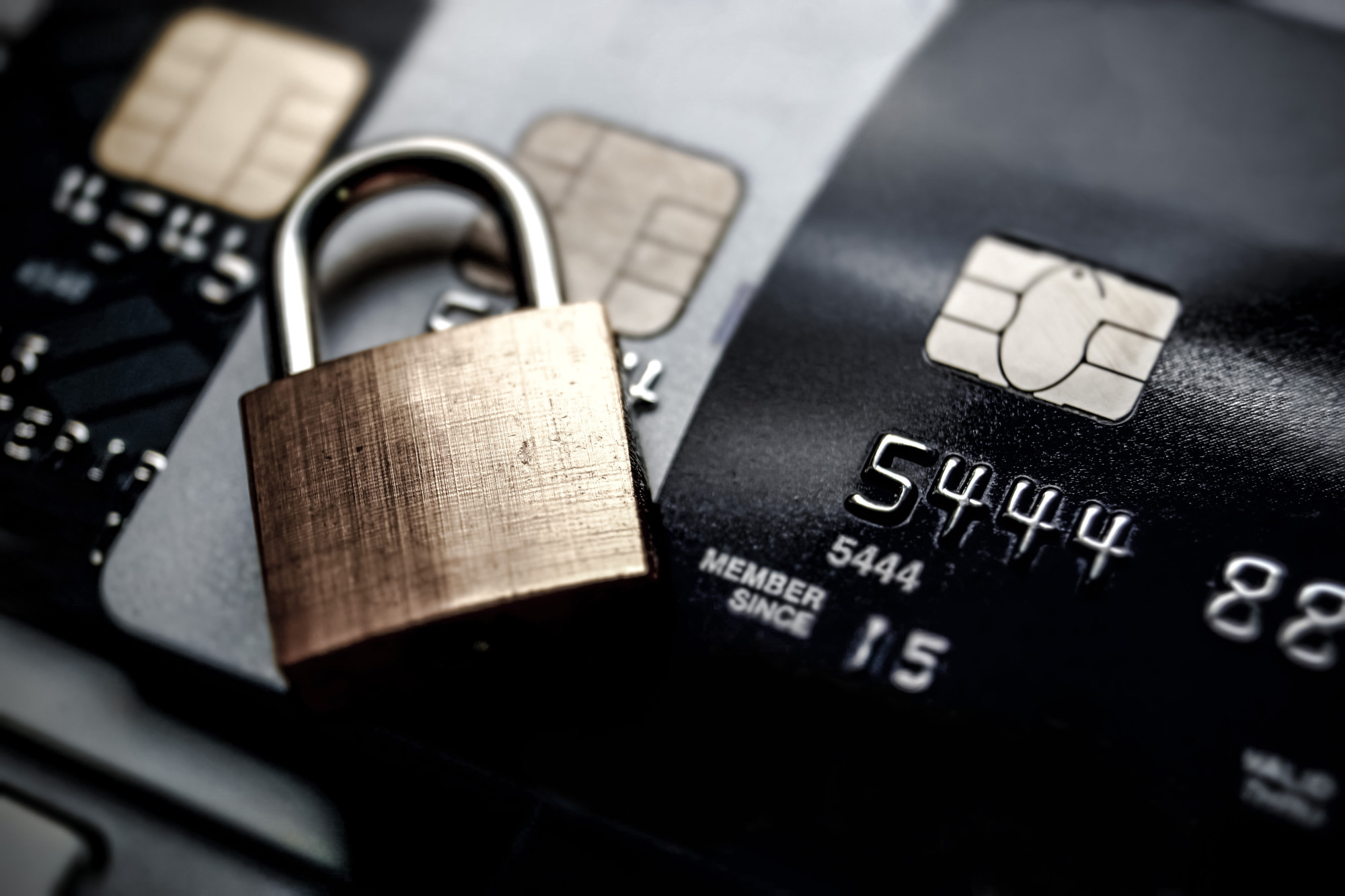Often, people find it tempting to obtain credit cards. But having too many open credit cards can damage your credit score.
With the rise of personal finance apps such as Venmo and PayPal, many people forego credit cards. However, there are many benefits to using a credit card. But which credit card should you use?
If you’re torn between an unsecured credit card vs a secured credit card, read on! This guide will provide the differences between unsecured credit card vs secured credit card and which one might be better for you.
What Is a Secured Credit Card?
There are a lot of risks that come with credit card processing, like for adult entertainment accounts, so it is essential to learn more about the merchants you’re dealing with. One thing that can help you feel more assured is a secured credit card.
A secured credit card is almost comparable to an unsecured credit card. Still, to have a credit limit, you have to put down a minimum amount referred to as a security deposit. Usually, the deposit is $200; however, depending on the secured card you open, it could be greater or lower.
Recommended Secured Credit Cards
There are many factors to consider when looking for a secured credit card, but there are a few key things to remember. First, make sure the card reports to all three major credit bureaus. This is important for building credit.
Second, charges on the card should be reasonable, and you should look for a card with no annual fee. Third, you should always make your payments on time and in full to avoid damaging your credit score. With these things in mind, here are a few of our recommended secured credit cards:
1. Discover It Secured Credit Card
The Discover it Secured Credit Card is a good choice for a secured credit card because it offers many of the same benefits as a regular credit card, including cash back rewards and a 0% APR for the first 14 months.
Rebuilding your credit is easy with the Discover It Secured Credit Card. Your deposit can be used to make purchases or settle your balance. In addition, there is no yearly cost. If you have shown prudent credit management, Discover It will also automatically assess your account after 8 months and may convert it to an unsecured card.
2. Capital One Platinum Secured Credit Card
Those trying to repair their credit can consider the Capital One Platinum Secured Credit Card. This card might assist you in getting your finances back on track because it has a low annual fee and a competitive APR.
Additionally, the Capital One Platinum Secured Credit Card provides a range of features and advantages that can assist you in managing your finances and credit. Those to repair their credit might use the Capital One Platinum Secured Credit Card.
What Is an Unsecured Credit Card?
An unsecured credit card is a credit card that is not backed by a collateral deposit. When you use an unsecured credit card, you are borrowing money from the credit card issuer that you will need to pay back with interest. Unsecured credit cards can be used for various, including building credit, making purchases, and transferring balances.
An unsecured card may provide you better rewards in specific spending areas like dining, petrol, and groceries, as well as credit for Global Entry or TSA PreCheck and other entertainment features. Learn more about unsecured credit cards through the internet.
How Do Secured Credit Cards Work?
You can use your secured card like any other credit card once you have made the required minimum security deposit. Your credit limit, which is frequently equivalent to your security deposit, is the maximum you can spend. Therefore, a$200 security deposit equates to a $200 credit limit.
You’ll need to deposit more money if you wish to have more spending ability. Depending on your secured card, you can deposit up to $2,500.
How Does an Unsecured Credit Card Work?
A PIN or other security feature does not secure an unsecured credit card. This implies that anyone who knows the details of your credit card can use it to make transactions.
Use caution while using unsecured credit cards, as thieves are more likely to use them. Use a secure credit card in its place if you are concerned about your credit card being stolen.
Pros and Cons of Unsecured Credit Cards
Unsecured credit cards have a few advantages and disadvantages. One advantage is that those who have poor credit can still be authorized for unsecured credit cards. Their credit score could increase as a result.
Another benefit is that unsecured cards frequently have lower interest rates than secured cards. Unsecured cards often have lower credit limits than secured cards, which is a drawback. The inability to make larger purchases may result from this.
Another drawback is that your interest rate can increase if you miss a payment.
Pros and Cons of Secured Credit Cards
The primary benefit of a secured card is that it can aid in credit repair. Your credit score will rise if you use the card sensibly and pay your bills on time. In comparison to unsecured cards, secured cards often feature lower interest rates.
In contrast to some unsecured cards for people with weak credit, most secured cards don’t have an annual fee. Secured cards do have certain drawbacks, though. You risk losing your deposit if you don’t utilize the card appropriately.
A limited credit limit can also be annoying if you attempt to make a significant purchase. Finally, if you close your account, getting your deposit back may take some time.
Unsecured Credit Card vs Secured Credit Card
It’s critical to comprehend the distinctions between secured and unsecured credit cards if you’re seeking to decide whether to apply for one of each. A security deposit is a collateral for a secured credit card if you cannot pay your payment.
If you can’t pay your debt on an unsecured credit card since it isn’t secured by anything, the issuer may pursue your assets. Both cards can help you develop credit, but a secured card can be a better choice if your credit is poor
Please feel free to browse our site for other helpful content.




